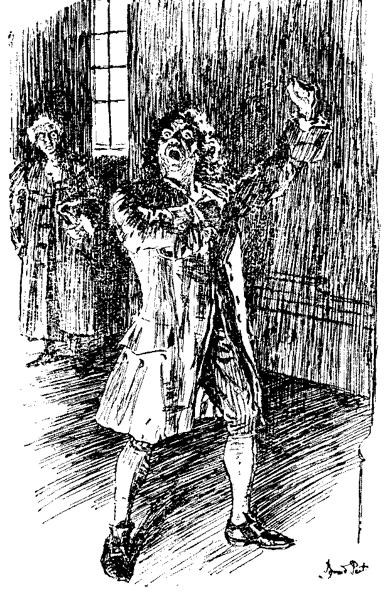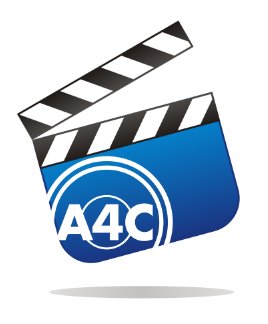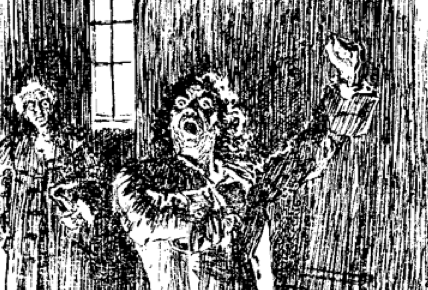Voiceless in the theatre
by Haven Tso
In my last blog I talked about the importance of voice work for actors. In fact, whether you have trained your voice up to scratch will be reflected in the work you do on stage.
In the last few years, I have been involved as an adjudicator on a short play festival. That means during the festival period I was sitting in the theatre week after week watching 10s of short plays. It was a great experience and I enjoyed every minute of it. But since this is a large-scale festival, the standard of work varies. And sometimes you can actually run into productions with bad or no voice work.
 I remember there were times that I couldn’t hear a single word from the actors even when I was just sitting in the third row from the stage. It was not because they were too up-stage but there was just no voice projection. You feel like you are in a room with people mumbling around you. Also there were cases of you could hear their voice clearly but not their words. The words they articulated were just rolling inside their mouths and being spit out in the form of huge wet fur balls. For me, if I cannot hear what the actors are delivering on stage, it is an instant failure. Some people think I am too harsh on this but plays are about text and story, so if I cannot hear or get either one of it, what is it left?
I remember there were times that I couldn’t hear a single word from the actors even when I was just sitting in the third row from the stage. It was not because they were too up-stage but there was just no voice projection. You feel like you are in a room with people mumbling around you. Also there were cases of you could hear their voice clearly but not their words. The words they articulated were just rolling inside their mouths and being spit out in the form of huge wet fur balls. For me, if I cannot hear what the actors are delivering on stage, it is an instant failure. Some people think I am too harsh on this but plays are about text and story, so if I cannot hear or get either one of it, what is it left?
Bad voice work isn’t limited to projection and articulation of words. I have also seen productions with actors being so worked up with their accents that it became an iron curtain barring audience’s access to the piece. I always think that it is nice to do an accent that fits the role. But if you want to do an accent, learn it professionally instead of thinking “Oh I have watched American TV, I can do an American accent”. If you do so you are not doing justice to the character or the audience.
So far the examples I have given relate to amateur productions. Sadly, however, in recent years I have seen professional productions with the same issues. I recently saw a production of a classic text in which one of the actresses was trying to show her anger and disappointment in a scene (and her only scene), but all she did was squeeze her voice to the top of her throat and furrow her brows throughout. That annoyed the hell out of me because that particular scene was so critical and she was just ruining it not only for the audience but also for the other two actors who were doing a brilliant job out of it. I later found out that she was so confident about her ability that she took little notice of the notes the voice coach gave her during the rehearsal period.
This problem was also evident in two of the productions I saw from a privileged drama school recently. In one, there was no voice projection at all, and the fake accents got so in the way in the other, that they completely disconnected the actors from the text. I was quite surprised to see that as these are supposed to be professional actors in training, who are in their second and third years. Later I found out that the school has now diminished the voice component of their training to focus on other things, which clearly showed in their performances.
If you are serious about being an actor, I strongly recommend you to start working on your voice, and from there build up your skills. For an actor with no voice, is no good as a storyteller.
Haven Tso is an actor, writer, graphic designer and blogger.





